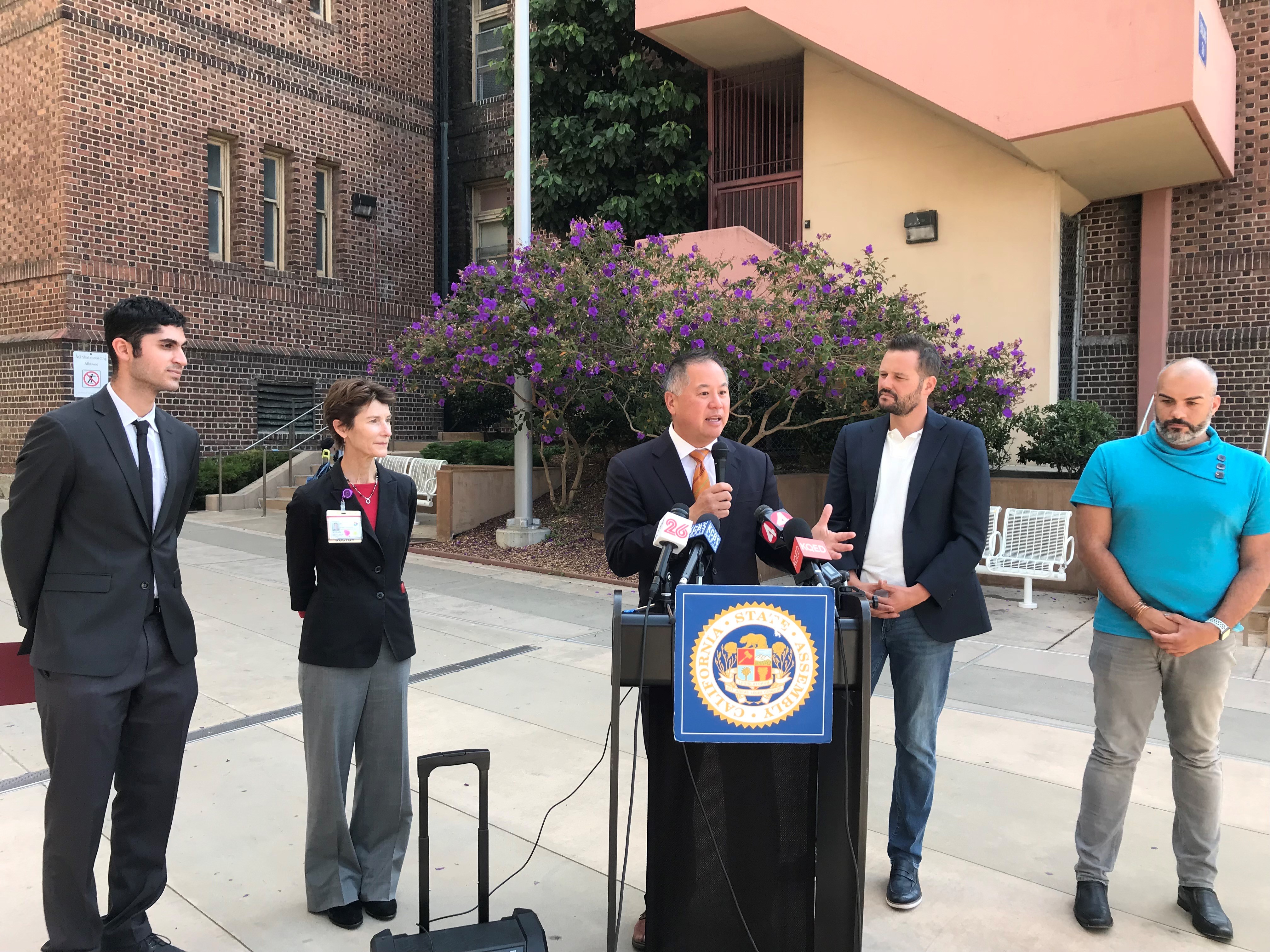
An influx of new resources will strengthen California’s response to the MPX (formerly known as monkeypox) outbreak, as a result of Governor Newsom signing AB 179 this week. A provision in that budget bill immediately allocates $41.5 million for vaccine access, testing, treatments and outreach/education – with an emphasis to include disadvantaged and marginalized communities. One of the key lessons of COVID-19 has been the need for our public health system to better serve them.
“Because of the slow federal response this summer, state and local efforts have been key to addressing the MPX virus. This funding not only keeps resources flowing, but it also builds them up. We must make sure hospitals, clinics, patients, and advocacy groups continue to get what they need during a public health emergency,” said Assembly Budget Chair Phil Ting (D-San Francisco).
California continues to be at the center of the outbreak with 4,140 reported cases, roughly 20% of the nation’s total. San Francisco has the state’s second highest number of reported cases, with 763 as of September 9. While the virus can afflict anyone, the overwhelming majority of cases in San Francisco are among gay and bisexual men and trans people. LGBTQ Caucus member, Senator Scott Wiener (D-San Francisco), led lawmakers in asking for the emergency funding for MPX in July. The Speaker’s Office and the Budget Committee Chairs in both houses quickly joined in to ensure passage in the remaining weeks of session.
“We worked hard to secure this $41.5 million appropriation for California’s Monkeypox response. I’m grateful for the support of the Governor, and the Senate and Assembly leadership and budget chairs. Working together will keep our community healthy and safe,” said Senator Wiener.
Because MPX vaccine allotments are dictated by the federal government, the new state funding does not directly increase California’s supply. Rather, it can speed up distribution of the shots once they arrive. $25.7 million will go to the California Department of Public Health (CDPH), while $15.8 million will help county health departments and community-based groups, including $1.5 million to support clinics already working on vaccinations. CDPH will work with local jurisdictions to determine how to most effectively use the funds and reaching communities most at-risk. The budget action support the Governor’s declaring MPX a public health emergency on August 1st.
Early indications are the spread of MPX is slowing. Still, the consensus is we shouldn’t let up.
“One of the lessons we learned from COVID is that without a coordinated public health response, a virus can rebound,” said Assemblymember Matt Haney (D-San Francisco). “It’s going to take a lot of work to maintain the current downward trend. That’s why this funding is so essential. This isn’t the time to slow our response to monkeypox—it’s time to increase our efforts.”
“Although cases of MPX seem to be declining in San Francisco, we are still contending with resource shortages–including coverage of expenses we have already incurred as a result of this critical work,” said Tyler TerMeer, PhD, CEO of San Francisco AIDS Foundation. “Our waitlist of community members needing a first dose of the vaccine still numbers in the thousands, and vaccine equity continues to be a concern. Additional state funding to address MPX is much-needed at this time, and we thank our elected officials for working on ways to address this public health crisis.”
The Legislature can evaluate whether more MPX funds are needed when they return to Sacramento in January. In the meantime, the budget allocation gave the Governor flexibility to allocate more funds, if necessary, since public health emergencies can quickly change.